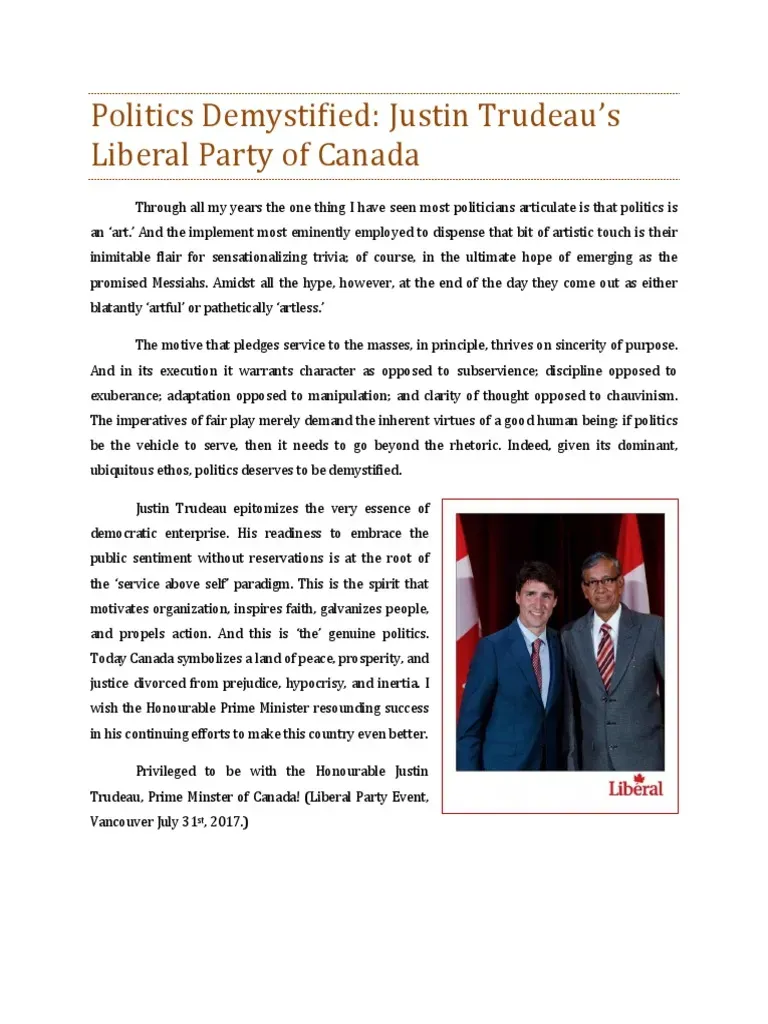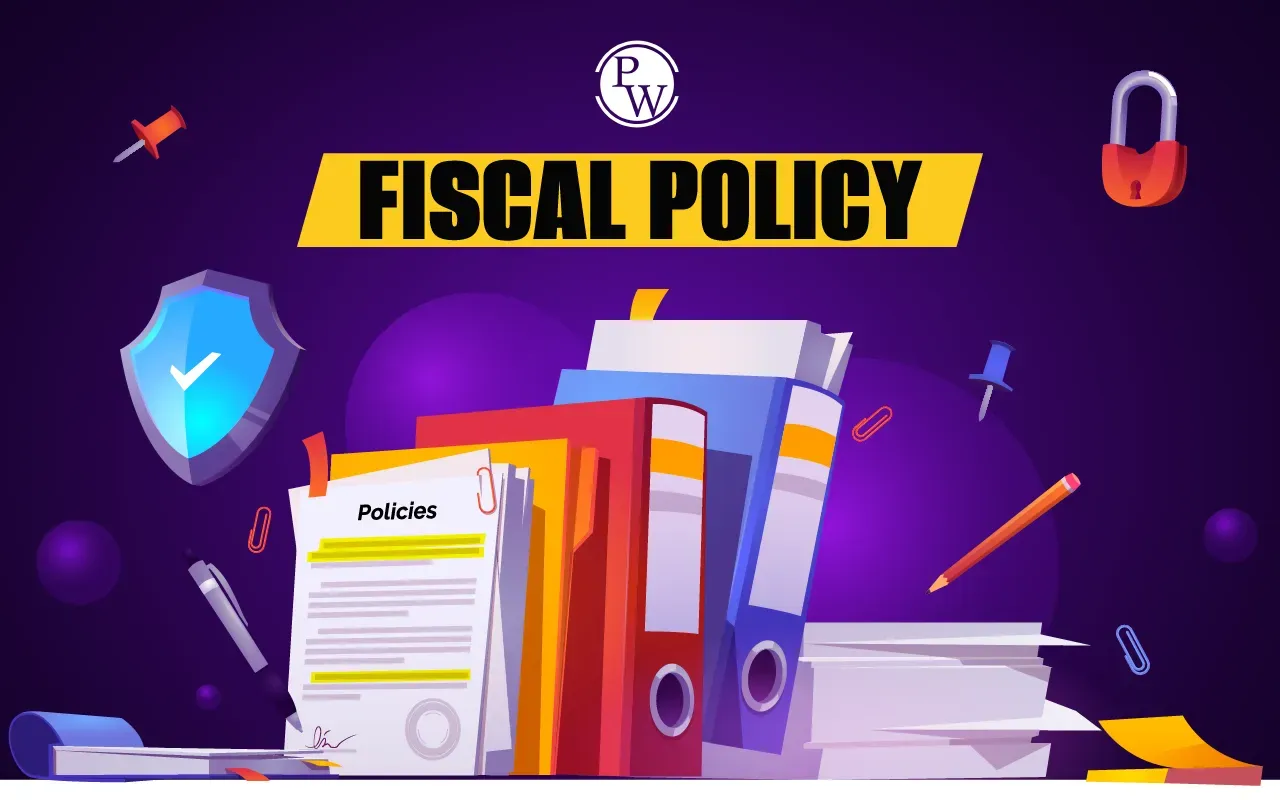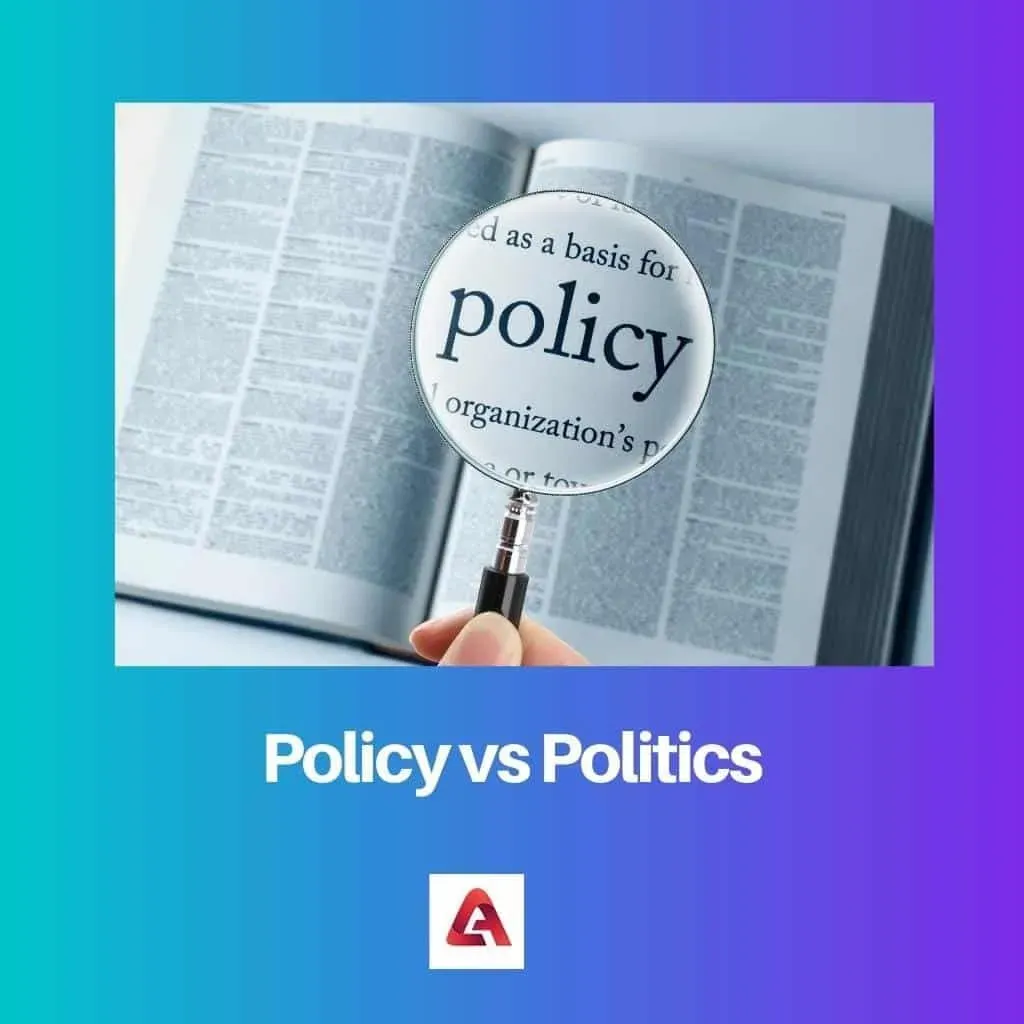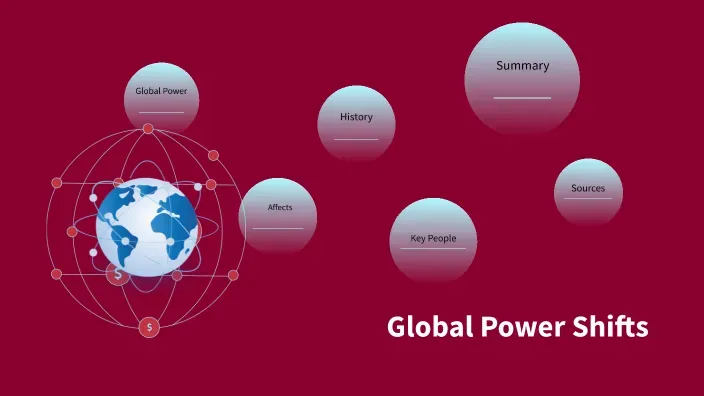Politics Demystified: Government and Policy Essentials
Politics Demystified is a practical guide that clarifies the rules, processes, and institutions shaping the decisions you encounter in school, at work, and at the ballot box, turning opaque debates into understandable mechanics you can rely on as you participate in public life.It starts by unpacking everyday examples—how a school district allocates funding, how a city drafts a budget, and how a national issue becomes a political conversation—so you can see which actors hold power, how they interact, and why outcomes matter for services, taxes, and rights.










